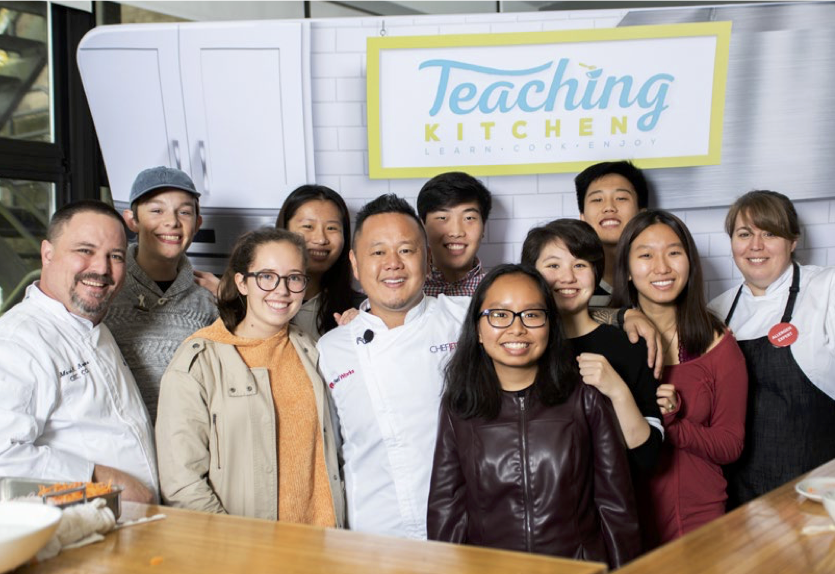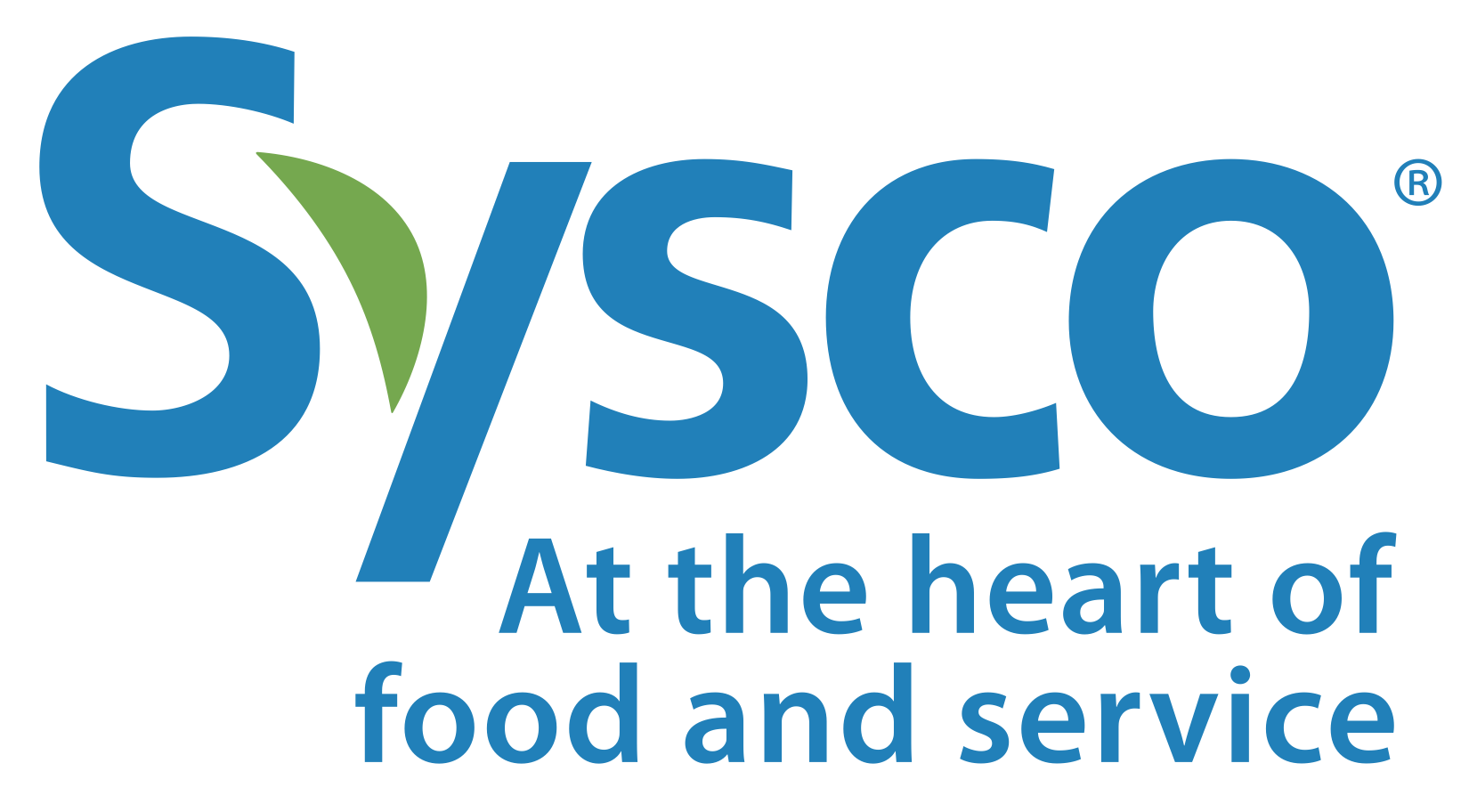Rethink Food Waste
Tracking, using the right tools and a change in mindset can help reduce food waste in any operation.

Originally published in Sysco Foodie
As 40 percent of the world’s food goes uneaten, and 52 million tons of food are sent to landfills annually in the U.S. alone, operators have both a challenge and an opportunity. By measuring and reducing waste, restaurateurs can save money and help save the planet.
Measure and Track
To reduce food waste, you need to know how much of your weekly food order is going unused. From there you can measure how each change you make to manage waste affects that number. Start by using inventory management technology to keep track.
We spoke with trained chef and Waste Warrior Andrew Greene, M.B.A., CCC, the Purchasing Manager at Chartwells Higher Ed, about why curtailing food waste is partly a matter of mindset. To start, says Greene, “Food waste is not waste until it’s wasted. The amount of food we serve each day is massive, and it’s a great responsibility.” Greene and his colleagues track every pea and potato through customized production and waste software. Yet, he says, technology is not the key. “Empower and educate your staff to manage waste,” he says, “and ask yourself what you can do to contribute, for example, by visiting StopFoodWasteDay.com to take the pledge and become a Waste Warrior.”
A Waste-Not State of Mind
Start with the basics, like using smaller plates for portion control, for example. Also, it has been shown that people waste less food in an all-you-can-eat environment when they have to carry their own plates, so consider ditching the trays, as Chartwells Higher Ed has done. Chartwells provides kitchen staff with tools like tomato sharks to get each bit of a tomato, and they use ingredients such as red bliss potatoes, which don’t need to be peeled. Greene also believes trends like root-to-stem cooking are positive and here to stay. But most important, he says, is to impart knowledge and connect downstream users with the entire food supply chain, from farmers to truck drivers. Once each person understands where a tomato comes from and all the work that goes into getting it to the plate, they won’t want to waste any part of it.
Moving the Needle
Food waste is an ethical, economic and environmental issue. By measuring results, taking practical steps and sharing knowledge, you can achieve significant reductions in food waste. “At Chartwells Higher Ed,” says Greene, “we’re lucky to be led and empowered by our VP of Sustainability and Culinary Services, Laura Lapp, and inspired by our CEO, Lisa McEuen, who always expects us to ‘be brilliant at the basics.’ We will continue to move the needle forward on food waste and other sustainable innovations each and every day.”

